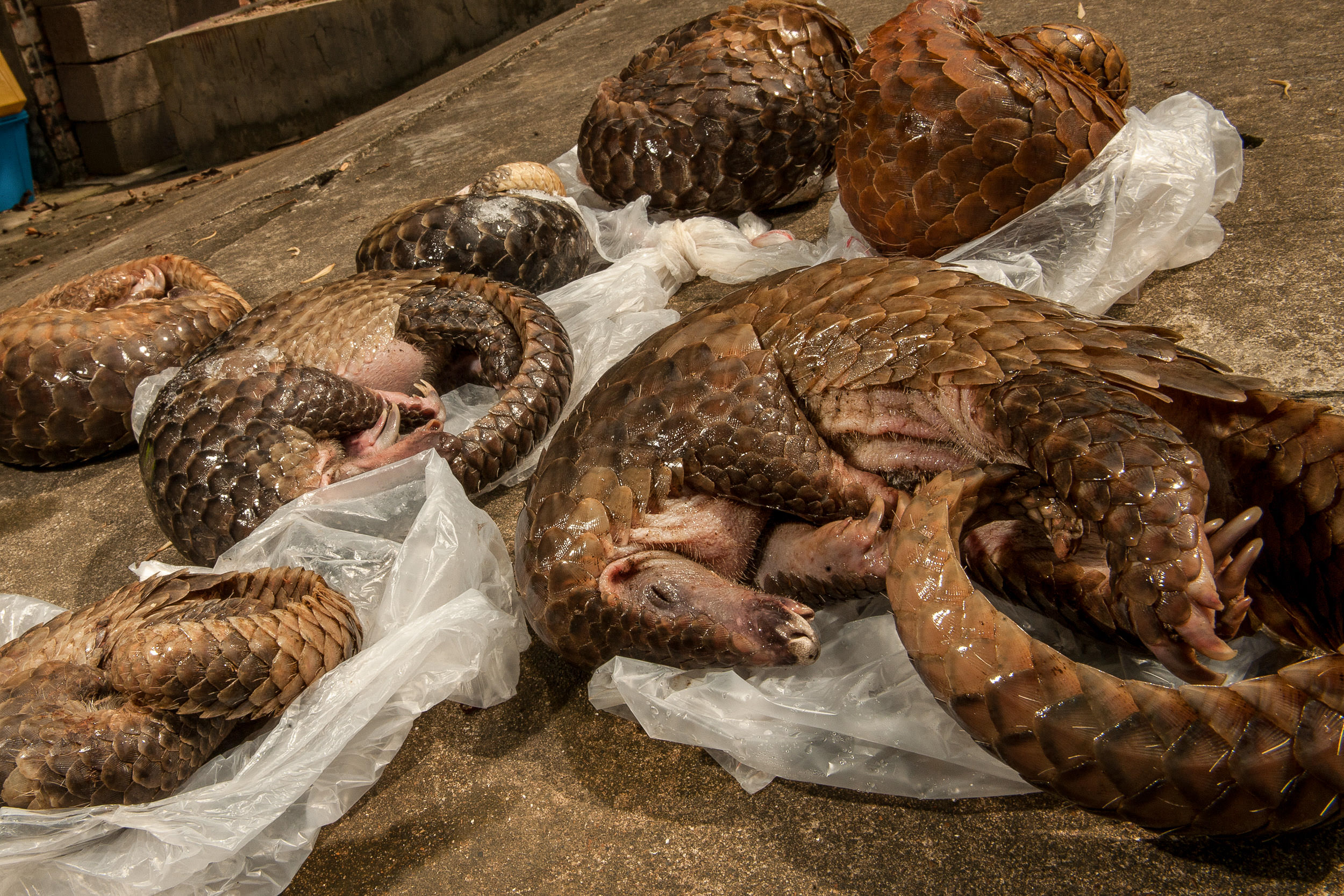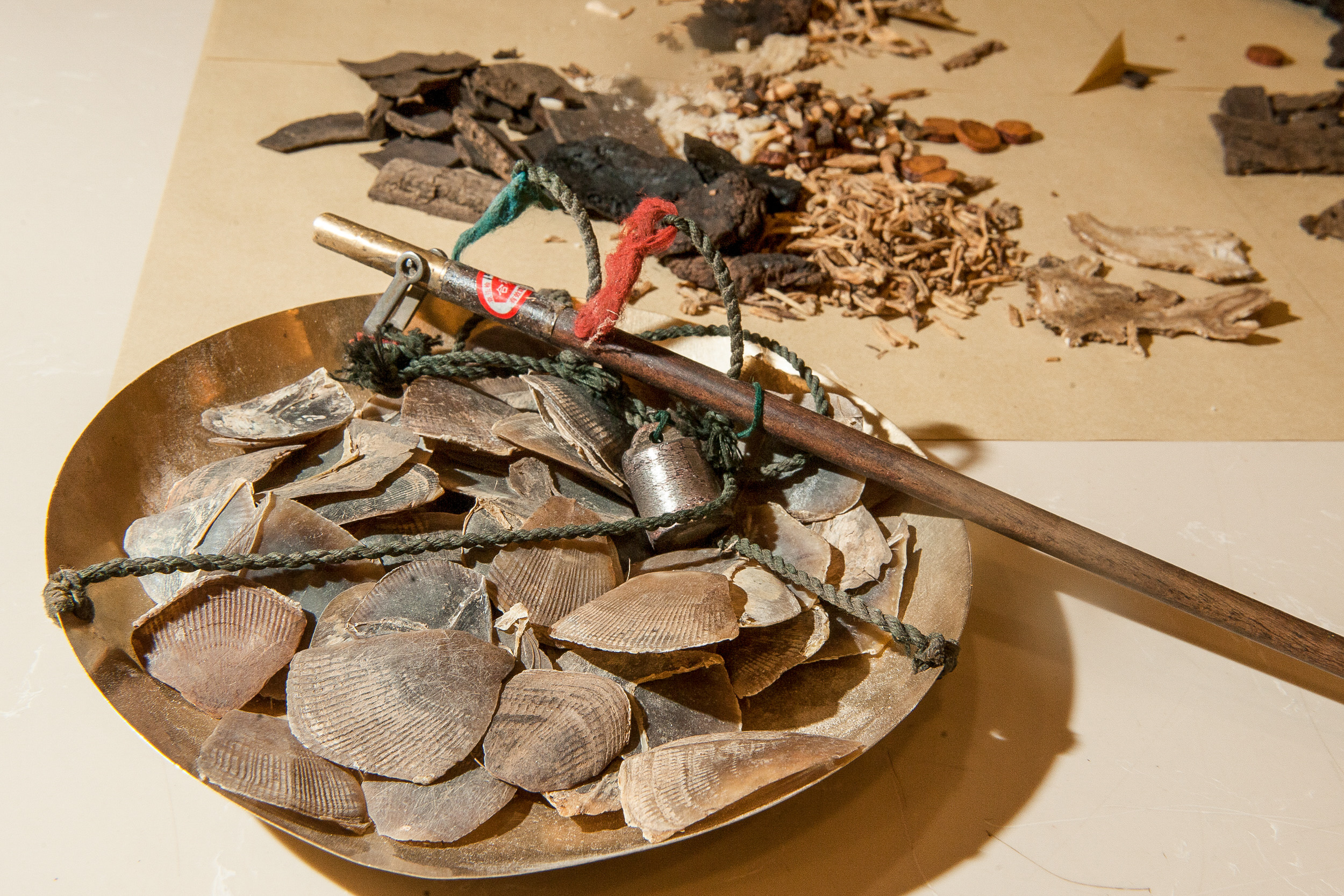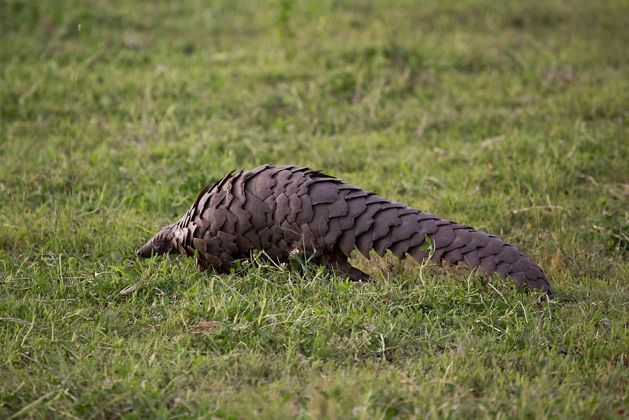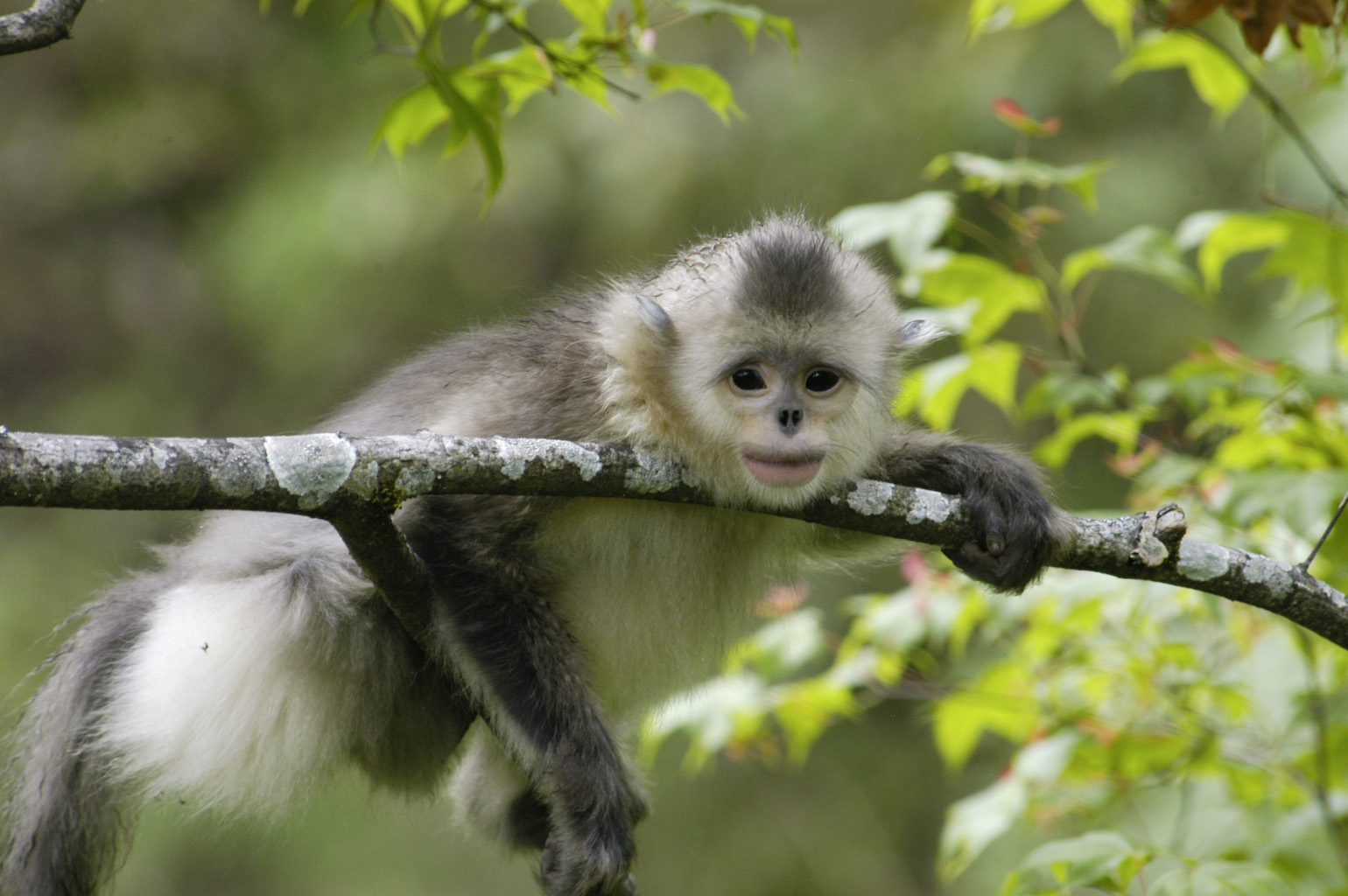Raising Awareness to Protect Pangolins
Pangolins protect forests from termite destruction, but their very survival is under threat.
Support Our Work in China
Donate NowChina’s economic growth over the last few decades has been extraordinary. Hundreds of millions of people have entered the country’s new middle class—one of the greatest and fastest increases in human well-being ever achieved.
But today, the combination of large populations, surging economic growth, and an urban consumer-driven culture translates into enormous pressure on China’s unique natural assets, including the 10% of the world’s existing species that live in China.
As a result, demand for natural resources is skyrocketing, and the region’s exceptionally diverse ecosystems, as well as its unique species, like the pangolin, are under threat. Without a balanced approach to growth that benefits both people and nature, we all face a profoundly different existence.
Pangolins are known as the guardians of the forest because they protect forests from termite destruction, maintaining a balanced ecosystem.
Public efforts to prevent poaching of pangolins in China are gaining traction, such as this PSA featuring Jackie Chan, produced through a partnership between WildAid and The Nature Conservancy.
These little guardians have survived thousands of years of natural changes, but now they are on the verge of extinction due to habitat loss and illegal poaching. More than one million pangolins were brutally murdered for black-market trade in the past 10 years; that is 11 pangolins every hour.
Pangolins: Being Eaten to Extinction





An adult pangolin weighing 6.6 pounds can consume more than 0.66 pounds of termites in one meal. Thanks to their big appetite, one pangolin can protect an area as large as 31 football fields (41 acres) from termite destruction.
A pangolin’s scales weigh approximately 20% of its total mass. These solid scales are their “weapon.” When threatened, pangolins will quickly curl up into a tight ball, and by tucking face under tail, their overlapping scales serve as a tough armor.
Pangolins are the world’s only scaly mammals. Many Asian cultures incorrectly believe their scales have medicinal and magical properties, causing a huge demand on the black market.
Modern research has shown the main component of pangolin scales is beta keratin, similar to our fingernails, with no medicinal value. However, wild animals, such as pangolins, are carriers of parasites and unknown viruses, which may cause severe infections once ingested.
Of the eight pangolins species, four are found in Asia and four in Africa. All eight species are listed under Appendix I (threatened with extinction) in the Convention on International Trade in Endangered Species of Wild Fauna and Flora (CITIES).

Stay in the Loop
Sign up to Receive Updates about TNC's Conservation Work around the World



